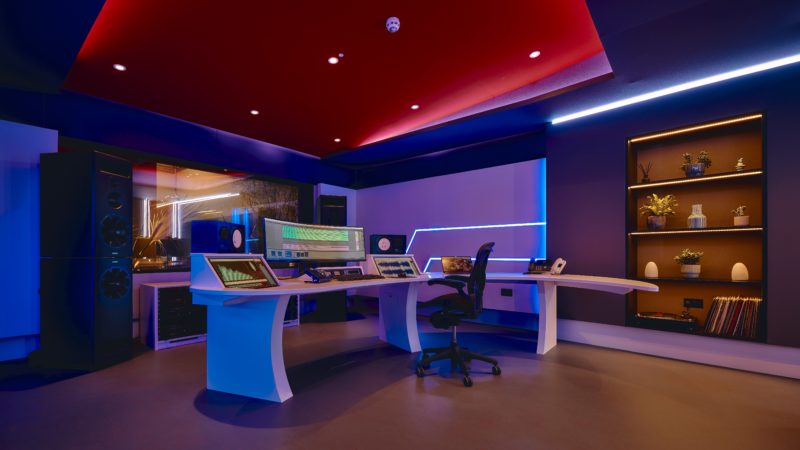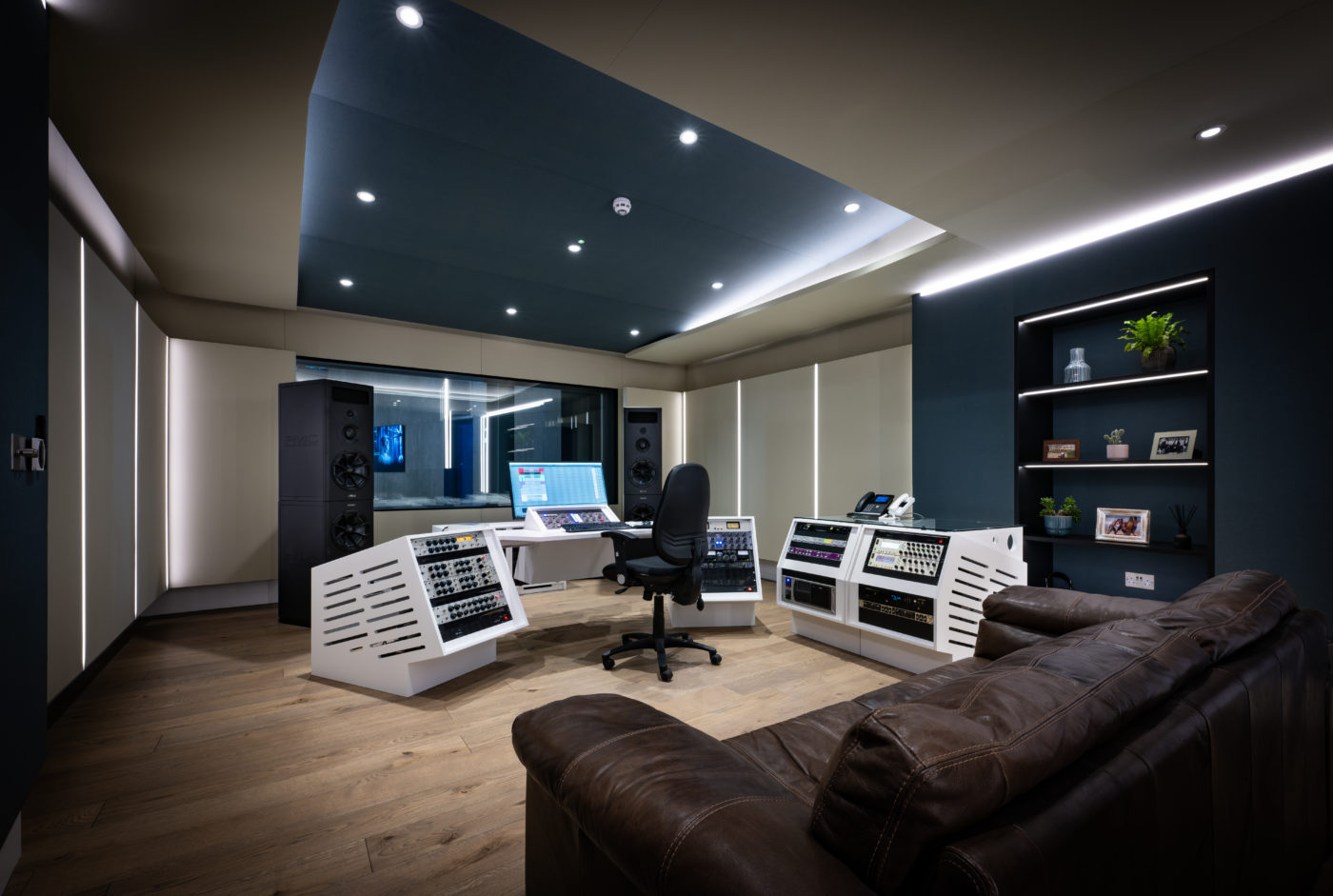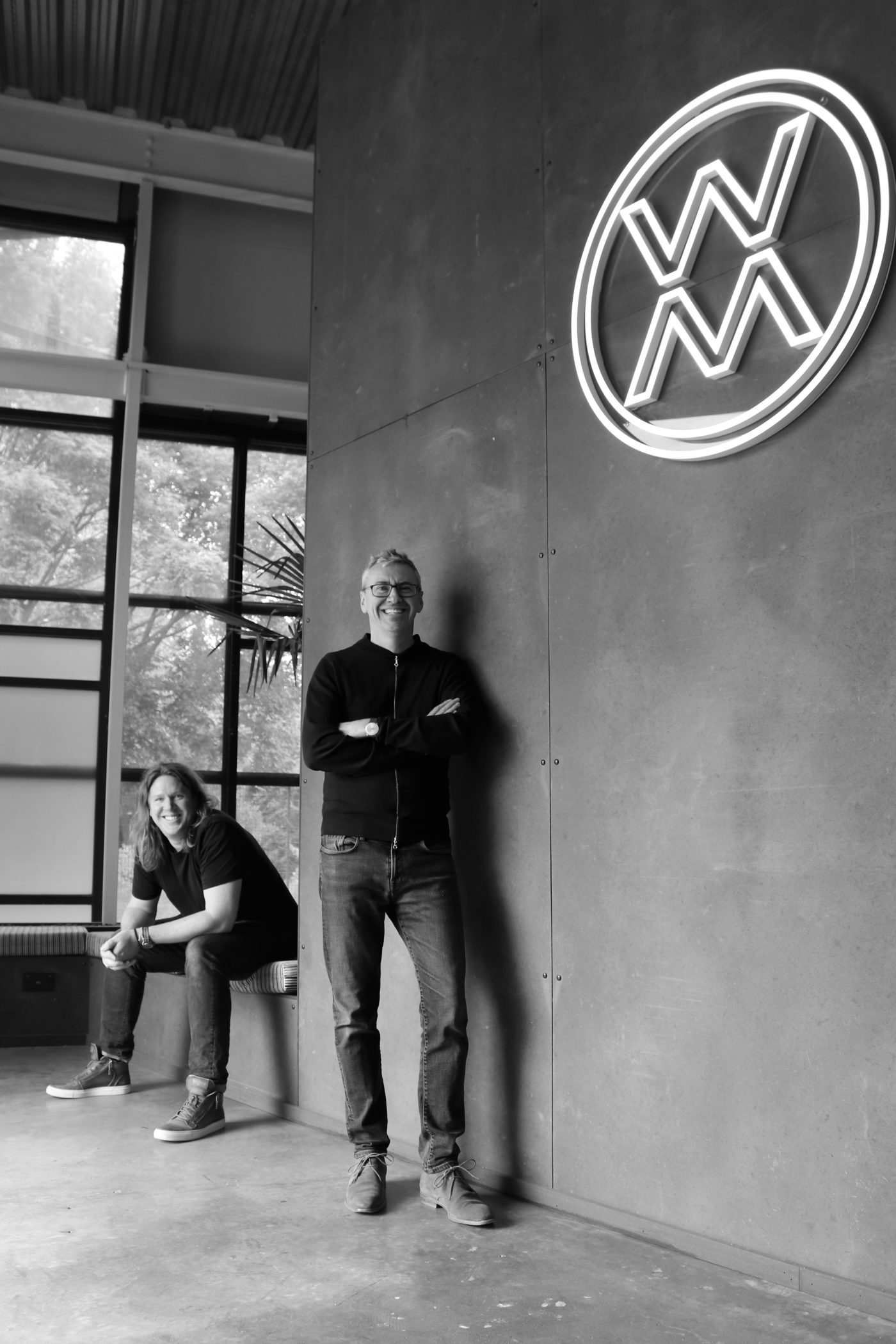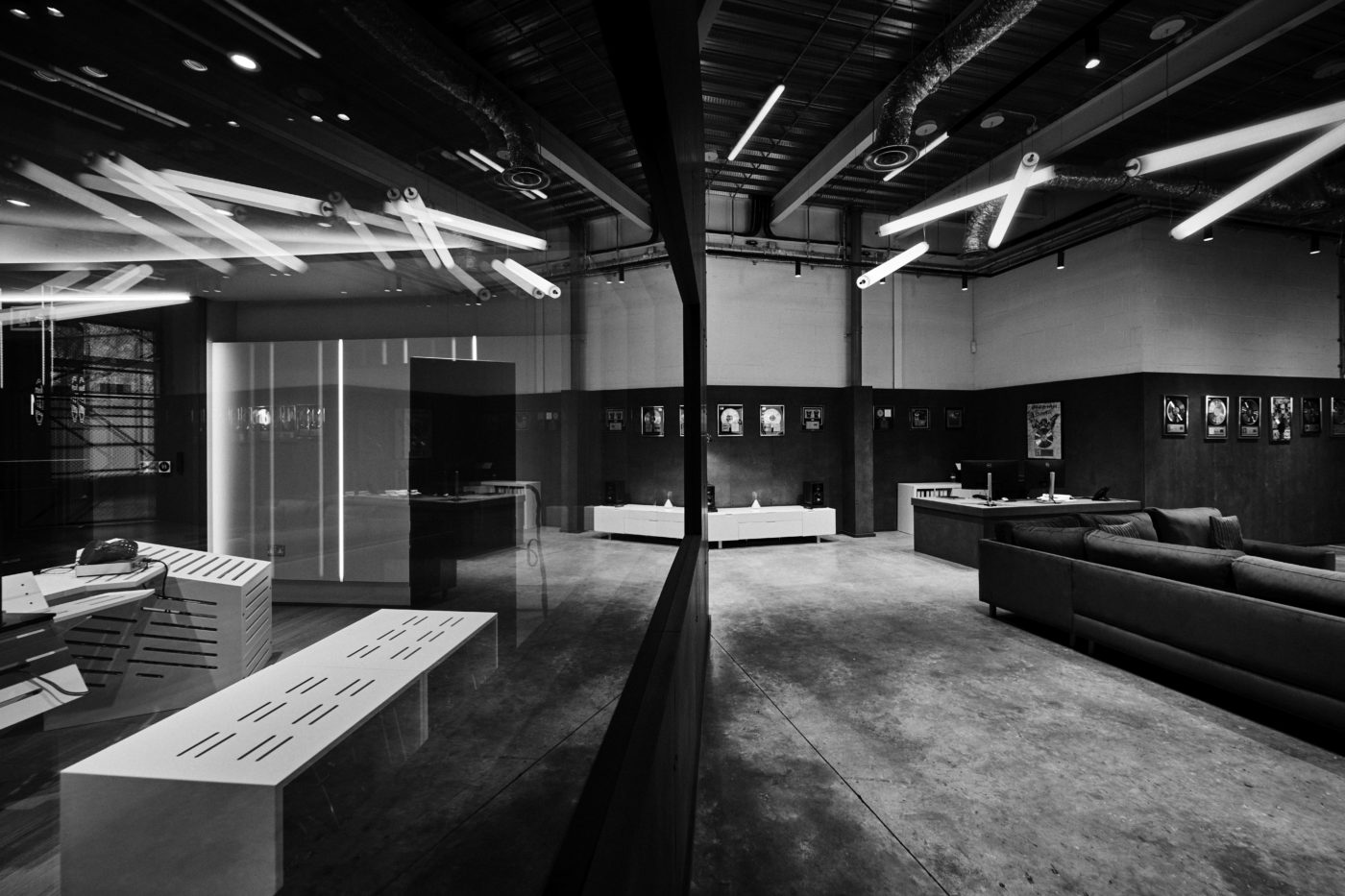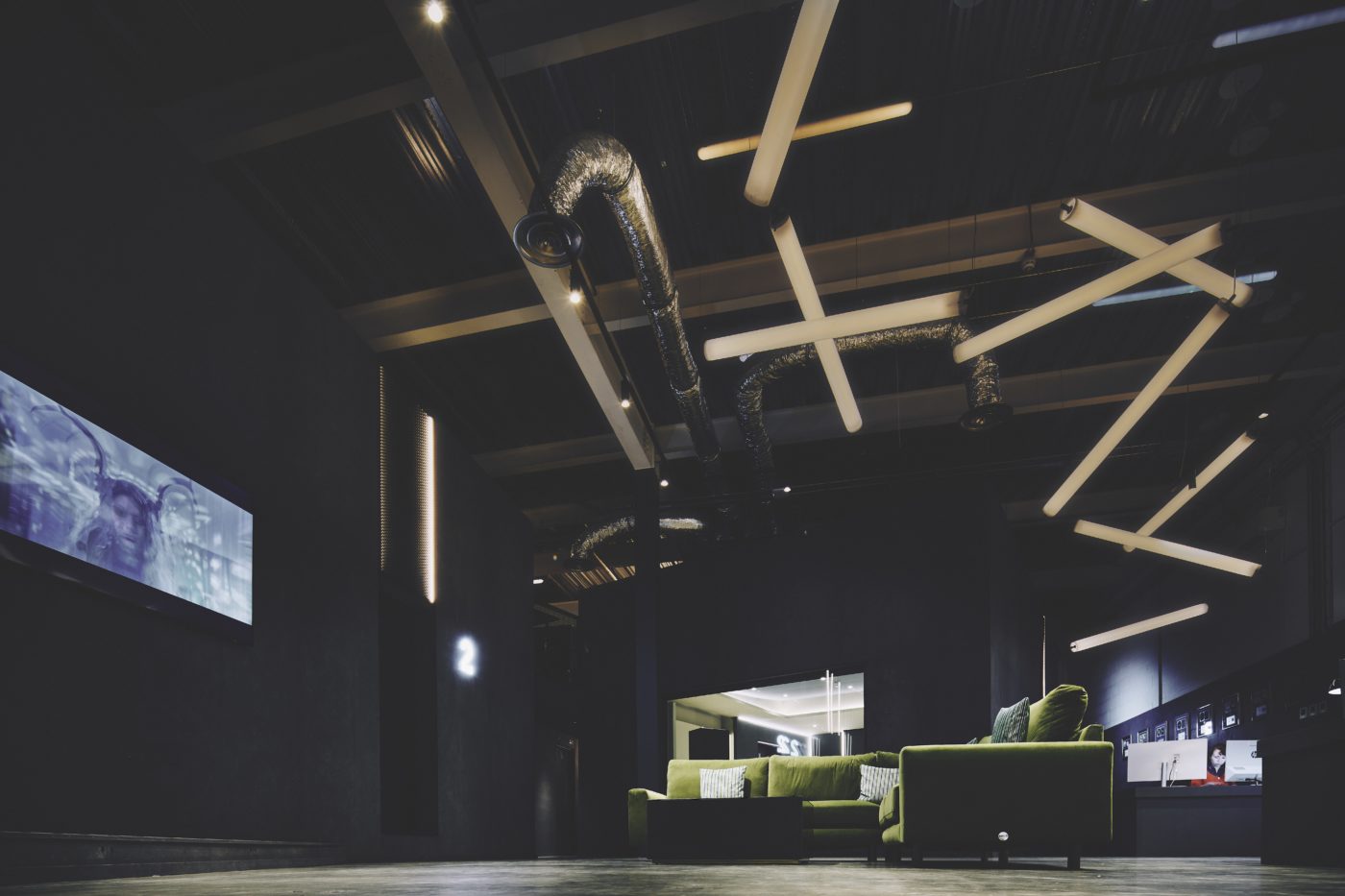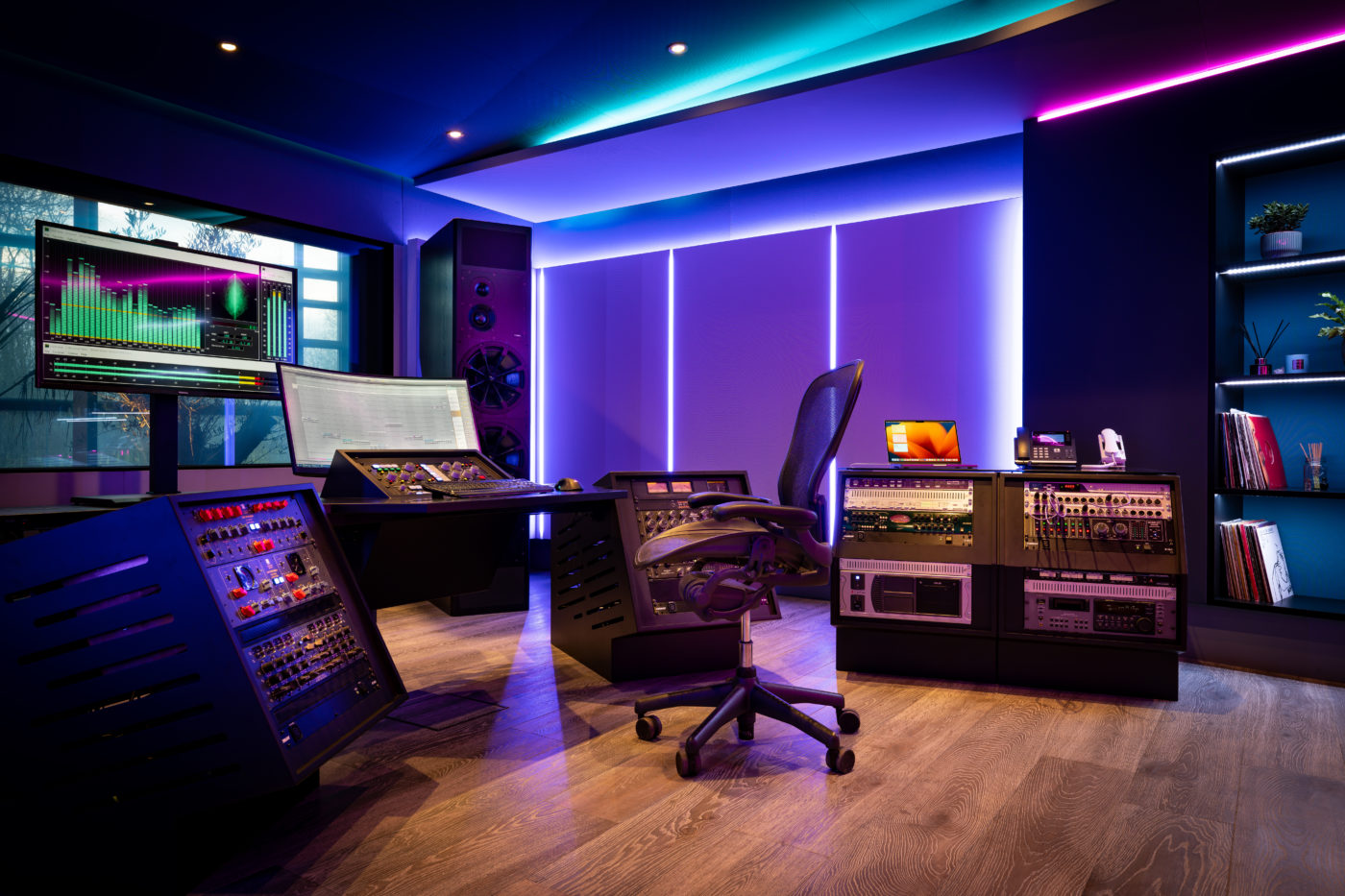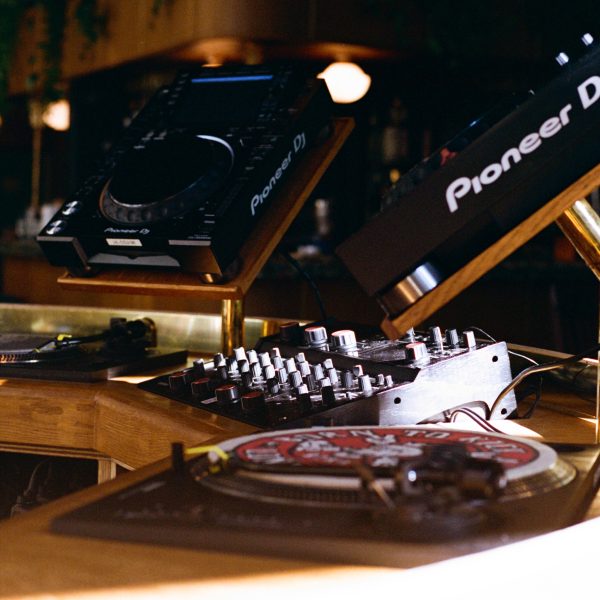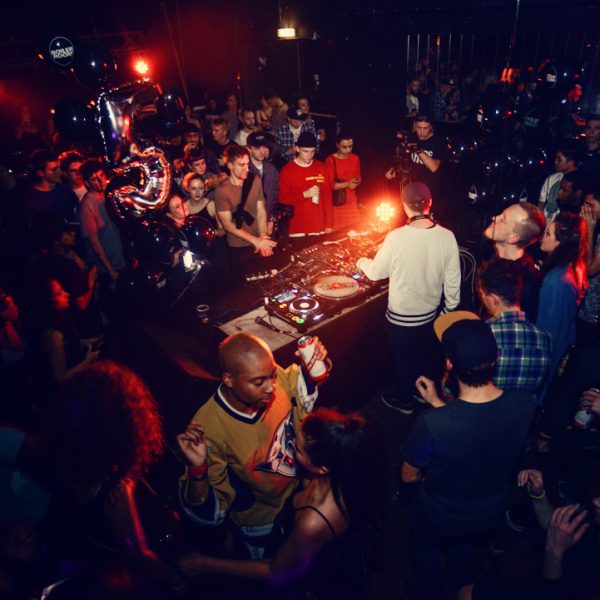THE PROCESS OF MIXING A TRACK
Could you talk me through the typical process of mixing a track?
Cass: I listen to the track in its current state a couple of times and just get a vibe for it, and ask myself, what does it need? Sometimes, if it sounds OK, you don’t want to start digging into it too much and changing everything, taking away from what it was. Other times, the kick might be wrong, it doesn’t work with the bass.
Kevin: What is the point of this song? Is this a really emotional song? Is this a really banging song? Is this a really funky song for radio? What’s the intent of this song? So as I’m setting up a mix, which can take up to an hour, I’m literally looping that song round and round and making all these decisions about what I want to do with that song. If it’s a real dance track the first thing I’ll go for is kick and bass. Nothing else matters in a club. People will dance for five minutes to a kick and bass if it’s right… You can then go in many, many different directions. But if that’s wrong, it doesn’t matter how good that vocal is.
Cass: I’ve got a big collection of kicks that I use on certain tracks. If I listen to something like this track I’ve done today and the kick just doesn’t work, I know I can find exactly the kick that’s gonna sound great.
What’s next in the process?
Kevin: The last thing I ever look at is vocals.
Cass: I’m the same. I’ll look at the main synth or piano, the big lead sounds. Then there are background sounds that maybe aren’t that important.
Kevin: Make it work with the fewest key elements of the song, get an amazing vibe around that then everything else can just be sort of slotted around that. And I save vocals until the end because they’re a really big part of it, they take the most amount of time, but first it’s got to have that foundation of something great.
How does it work once you have a draft for the artist to listen to?
Kevin: A “version 1” goes back to the record company or the artists. They sit on it— sometimes not for very long, sometimes for weeks, and then come back with any requests for changes. Hopefully not many but sometimes millions.
Cass: We love the ones who go, “Turn that sound up 1db. Turn that sound up 2db. A bit more tops on the vocals.” Very specific in what they want. But sometimes they’ll just say, “Make it more vibey.” [laughs]
What advice would you give people to get their stuff sounding as good as possible before it’s sent for mixing or mastering?
Kevin: Be really honest about your sound. If you think you’ve invented a sound that is better than everyone else you probably haven’t. There are always these songs that just kill everything else in a club. That’s your benchmark. You have to be absolutely critical and listen to yours against that. Listen in every car, on a phone, on everything you can. And just be brutally honest.
Cass: The more you produce, the better you’ll get. You’ll pick up more tricks and tips. We’ve all got clients where you can hear their productions improving over the years. But if you’re not the greatest songwriter then maybe go work with someone who’s more musical. It’s always great to collaborate with other people.
Kevin: There’ll always be someone who wants to do the bit that you’re not good at or don’t want to do. Some people love the writing but just don’t want to slave over what they would consider the dull bit. But there’ll be someone else who thinks the dull bit is the most exciting bit.
Records tend to be a collaborative process. Some people, like Amon Tobin, people like that, can do it all themselves. Not everyone can do it themselves. It’s very rare. So be prepared to outsource, and it doesn’t have to be for big money.
HARDWARE VS. SOFTWARE
I of course noticed all the outboard gear in the studios. What percentage of what you use is hardware vs. software?
Kevin: All software. We do everything “in the box.” 100%. And we have done so for almost 10 years now.
Wow, OK. So the stuff in the studios…?
Kevin: It’s all bullshit [laughs]. It’s not bullshit, we didn’t put fake panels in the racks. We owned the equipment when they were better than plugins, but plugins are better now. For me, the desirable nuances of our Manley equaliser are far outweighed by my software Manley equaliser. I can have 10 of them, and I can automate it. I’m changing release times on limiters and compressors with automation throughout the track. You can’t do that with hardware.
Virtually every bit of kit that I own I’ve got a software equivalent. In my studio we’ve done so many tests between hardware and software with my insane speakers . If I’m sitting in my room quizzing which is which, I think it’s close enough.
Plus if someone calls me up and says, “We need this version of that with the lead taken out for a PA performance tonight,” I gotta be able to just hit save and jump into a new project. I work on multiple mixes at the same time, which I find amazing because it keeps my ears fresh. You can’t do that when you’ve got hardware set up and you’re taking your Polaroids to make sure your settings can be the same when you come back.
We’re unashamed about using plugins. But at the start it was almost a bit of embarrassment, and your clients are going, “I can really hear your analog equipment.” And you’re saying, “Err yeah, sounds great, doesn’t it?” [laughs]
So the speakers, really, are the crucial element of your setups?
Kevin: And a nice converter, so you can hear what’s coming out of the computer. Oh and a nice volume control. But after that it’s all just things that allow you to hear what you’re doing. There’s no point having this amazing compressor or amazing EQ if you can’t hear exactly what it’s doing. People ask which compressor they should buy, and it’s like, “Spend some money on your room!” That’s so much more important than getting a compressor. An Ableton stock compressor is absolutely fine if you know what you’re doing with it.
So you think there are myths around the gains that can be made with expensive gear?
Kevin: When we were kids making tracks, we were like, “Ah the Chemical Brothers use that compressor, I’ll be like the Chemical Brothers if I just had that compressor!”
It’s curious isn’t it? It’s almost like a consumerist drive. “If I just get that I’ll be happy.”
Perpetuated by all the sound magazines. It’s this thing that this person uses. I’m sure the gear is wonderful but it ain’t gonna make you that person. You’re better off keeping what you’ve got, what you know, and learning the shit out of it. Don’t have 50 reverbs, 50 EQs, they all do the same kind of thing. They’re all the same whether it’s got a slightly different pretty interface on it or not…
But I say this with great certainty after many years of buying lots of kit and chasing that dream. We’ve all done it. We’re not above that.
It’s also not like a normal listener notices this stuff.
Cass: It’s snobbishness.
Kevin: Absolutely. And it’s definitely perpetuated by the older generation that haven’t embraced new technology. We hear kids that make the most insane-sounding records with literally Logic and no third-party plugins. It’s what you do with what you got, not what you’ve got. So I’m a huge advocate of less is more.

